Pre-k through middle elementary school kids know who their El Guapo is. It’s the thunderstorm. Those ages can be as happy as a clam in a tide pool but their mood will shift like the sands when they see black clouds on the horizon. Zap! Clap! Boom! The Story of A Thundstorm is an illustrated book that those ages, especially the younger ones, will enjoy. Older folks are able to appreciate the fringe benefits that are associated with thunderstorms. That’s one thing that the book does a great job of incorporating to those young ages. They have difficulty seeing how the big noise, torrents of rain and white-hot light can be beneficial at all. However, they can be and Zap! Clap! Boom! The Story of a Thunderstorm does a great job at illustrating to kids that everything has a purpose.
Explaining why they are could be the key to chilling them outCategory: Books
These are books that kids will want to read-or should read, but will enjoy doing so. Board book, picture books, kid lit, elementary school books, middle school books, high school books, all age comic books and more will be talked about here.
Fann Club: Batman Squad, big laughs in text and art for this all-age winner
Fann Club: Batman Squad is not a story that exists in the multiverse. There also isn’t a typo in the book’s cover. Once you see the cover it’s obvious that it’s a graphic novel intent on making elementary school-age readers and up laugh, which it succeeds at very quickly. Our sometimes surly 13-year-old picked up Fann Club: Batman Squad, plopped himself on the sofa, and proceeded to read it. This is worth noting because he’s an avid reader, but mainly sticks to mglit. “This is from the Catwad guy, isn’t it?”, he asked. Yeah, some readers might know Jim Benton from that, but they also might recognize his work from the Dear Dumb Diary book series, Franny K. Stein books, Victor Shmud or his cartooning work. For me, the most entertaining was Attack of the Stuff, which was criminally ignored and still is by most elementary school libraries that I visit. Fann Club: Batman Squad is a Jim Benton book because it’s his style, set against the background of a young boy who knows everything about Batman.
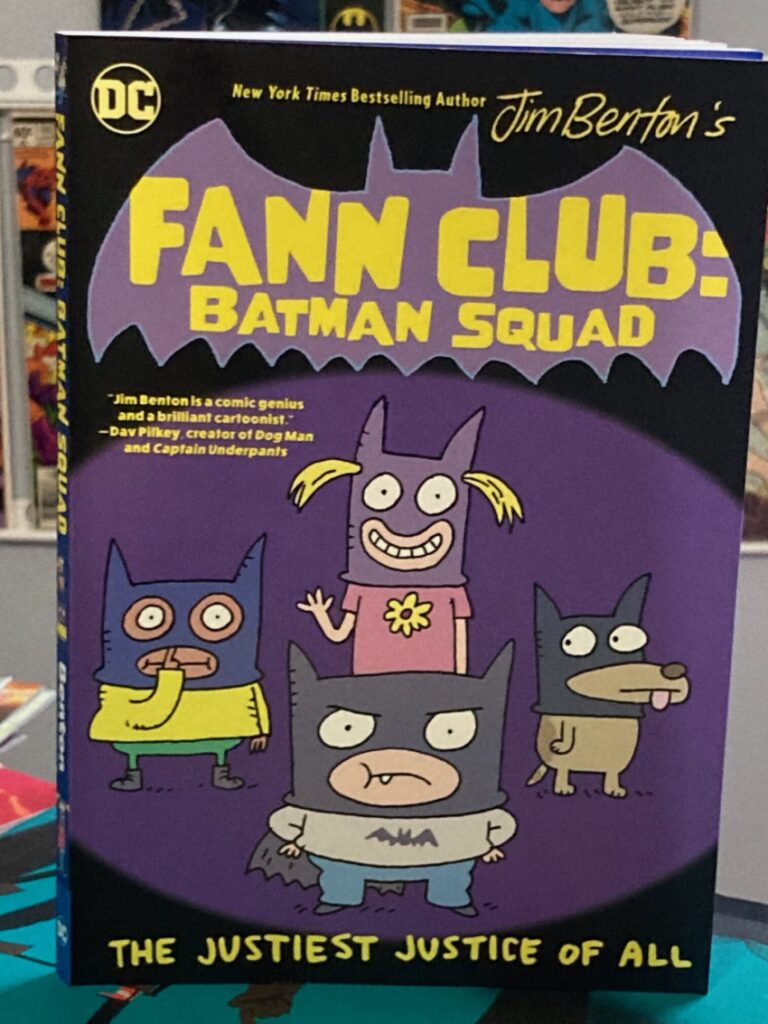
NASCAR 75 Years bristles with life and the speed of the sport
NASCAR 75 is a coffee table book that does exactly what well-crafted books in that category should do. Imagine a topic that you have no interest in, yet you pick up that thick, curiously oversized book when you’re at a friend’s house and become immersed in the topic that’s front and center. It’s a book that’s bathed in full-color photographs, hundreds of text blurbs explaining their relevance, and chapters that hold your hand as it explains why untold numbers of people find this topic fascinating. NASCAR 75 Years is the hardcover, coffee table book that does all of that.
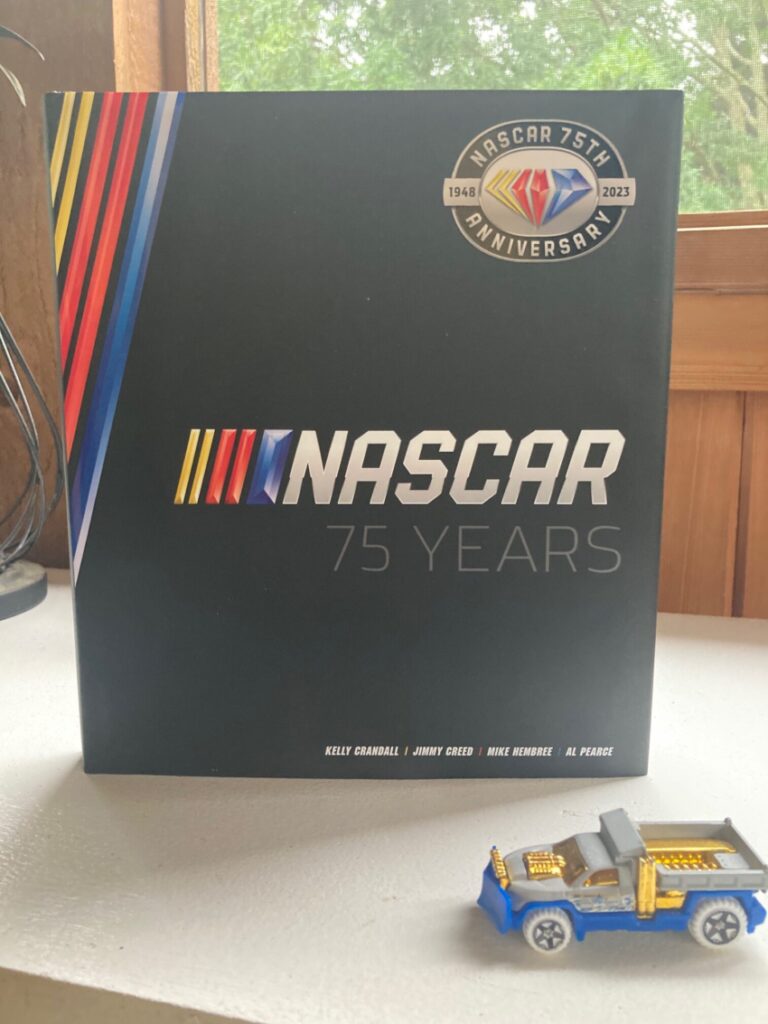
The Kingdom Over the Sea, mglit that’s not as bad as it could’ve been
Stop me if you’ve heard this before. A young girl’s parents have mysteriously disappeared and are presumed deceased. This youth mourns their absence and is trying to figure out the meaning behind the object or writings that she’s worshipped since they’ve been gone. Suddenly a porthole, new person in town, or traumatic event happens that leads our protagonist to a far-flung world where she discovers new things, realizes that she has powers beyond her imagination and just might be able to see her family again. This is a trope that’s running rampant through children’s literature now. Actually, one could say that it’s been a common theme for a long time. However, what was a theme, is now a de facto, almost mandatory synopsis in books that are in my review queue. So, how does The Kingdom Over the Sea fit in relative to this landscape?
Kids 8-12 will dig itParty Hearty Kitty-Corn, the Borg embodiment for non-Unicorn kidlit
I don’t like unicorns. Certainly, I’m not too fond of kittens. Pugs are the lowest form of canines. Resistance is futile. If you’re a pre-k through second-grade student, and you think any one of those first three sentences is a resolute truth, then resistance is futile to Party Hearty Kitty-Corn. This is the sort of vivid, in-your-face, read-to-me book that runs with enthusiasm and speaks loudly to those who hear it.
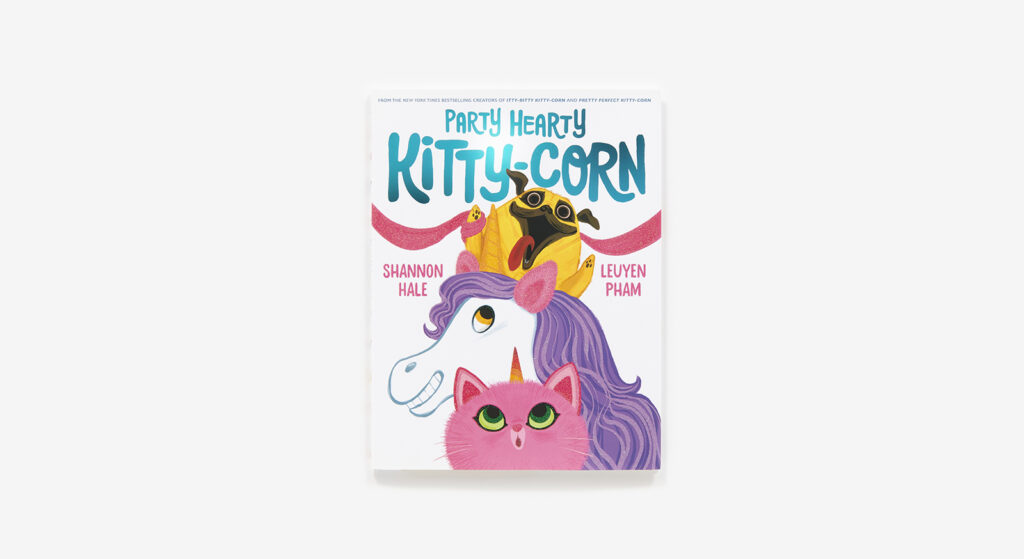
The World’s Most Mysterious Places is a kid’s look at things they want to know
The Adventurous Kid’s Guide to The World’s Most Mysterious Places is the literary equivalent to Youtube food. Those who hang around upper elementary through lower middle school students can relate to that metaphor. It’s those ages that are apt to start a sentence with “Did you know that…?” to which you’ll be regulated to something that’s questionable true, demonstrably false, fake news or a little-known fact that makes those ages stop, repeat it to their friends and then find more like that. The difference is that The Adventurous Kid’s Guide to The World’s Most Mysterious Places is 100% non-fiction. It’s an impossibly addictive, oversized illustrated book that examines 19 places that exist, or have existed and lets fourth through sixth-grade student know why they should be interested in them.
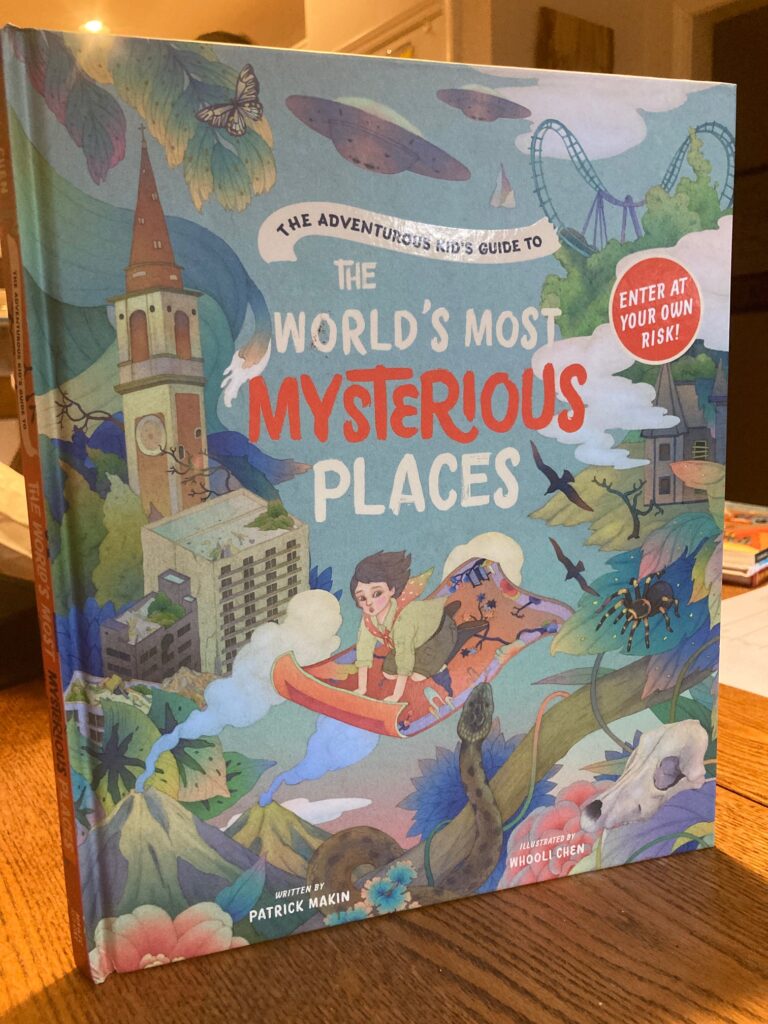
Princess of the Wild Sea, a pleasant teen coming of age, that’s come before
I wanted to really enjoy Princess of the Wild Sea. It’s from Megan Frazer Blakemore and I was a big fan of her previous release, The Story Web. That book had its hooks firmly in the realm of fiction, with just enough power behind the character’s relationships that you wanted it to be real, or at least possible. Princess of the Wild Sea has planted its seeds firmly in the garden of fantasy, with a side dose of magic, heroes, and expectations. It’s mglit that will speak to those who want a patient, lyrical story of a once-magical place that’s now populated by hope.
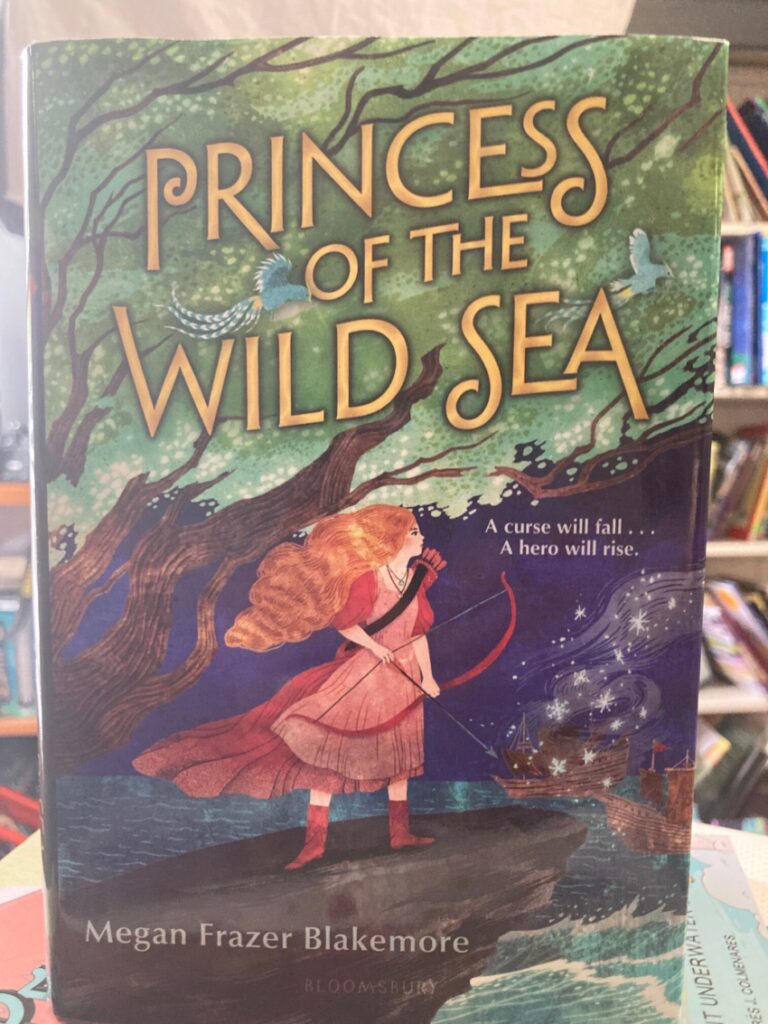
How Was That Built, beautiful, architect, STEM food for ages eight and up
A friend of ours is a nuclear scientist. Illustrated books are for children and present simple content or fairy tales for young readers. One of those statements is false.
Intelligent illustrated books are an excellent way to teach. They can present advanced content on a level that’s not intimidating to younger audiences, and maybe, just maybe, inspire someone to change the world.* How Was That Built?: The Stories Behind Awesome Structures is an illustrated book that wears its intelligence on its sleeve and is the sort of book that’ll answer questions, inspire curiosity, and plant architectural seeds that’ll bloom in two or three decades.
You want your children to be more intelligent than you…,don’t you?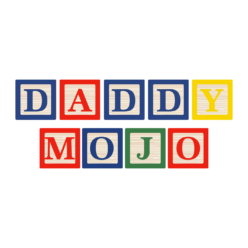
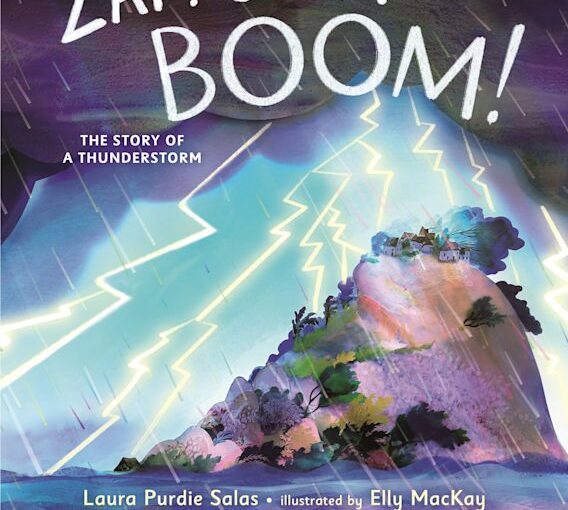
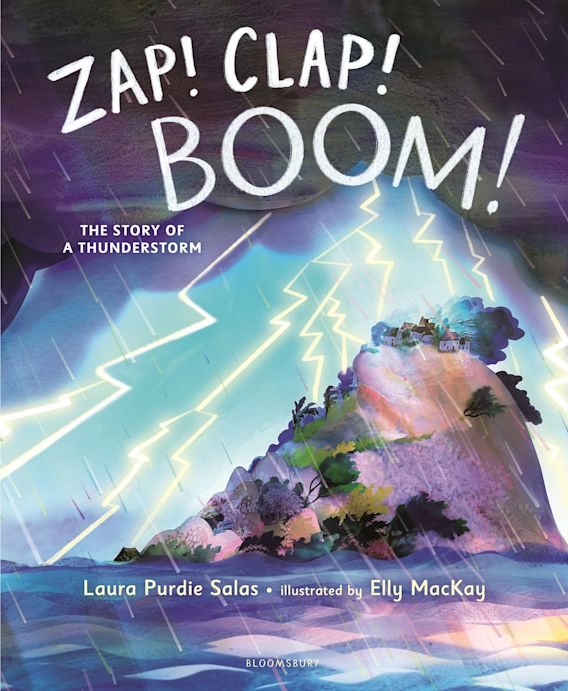
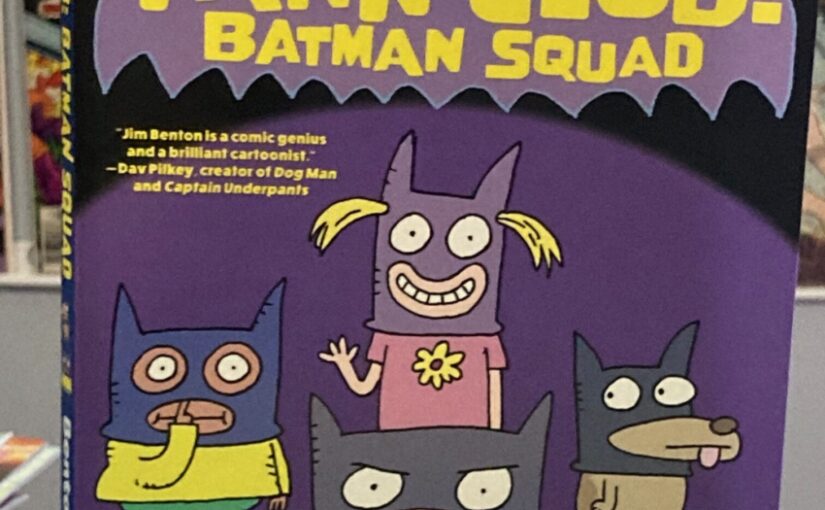
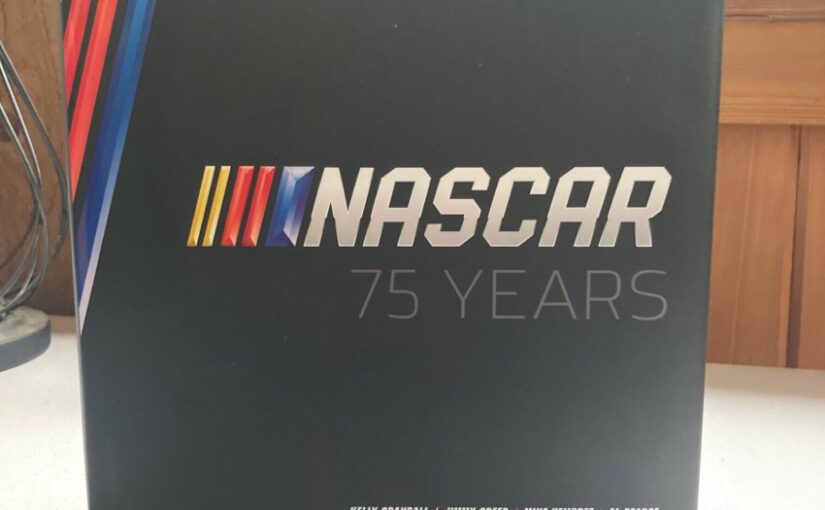
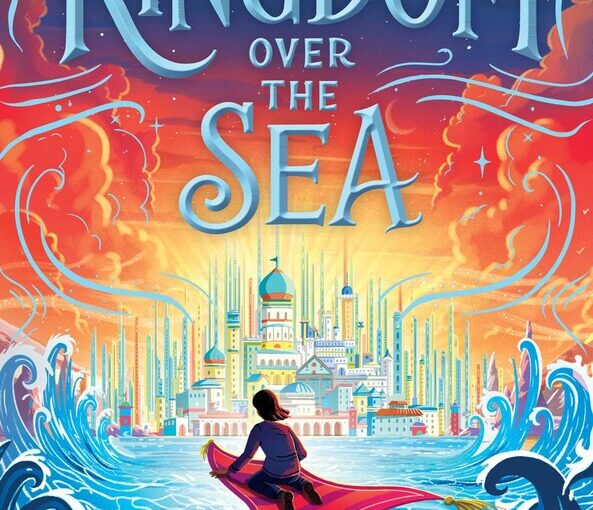
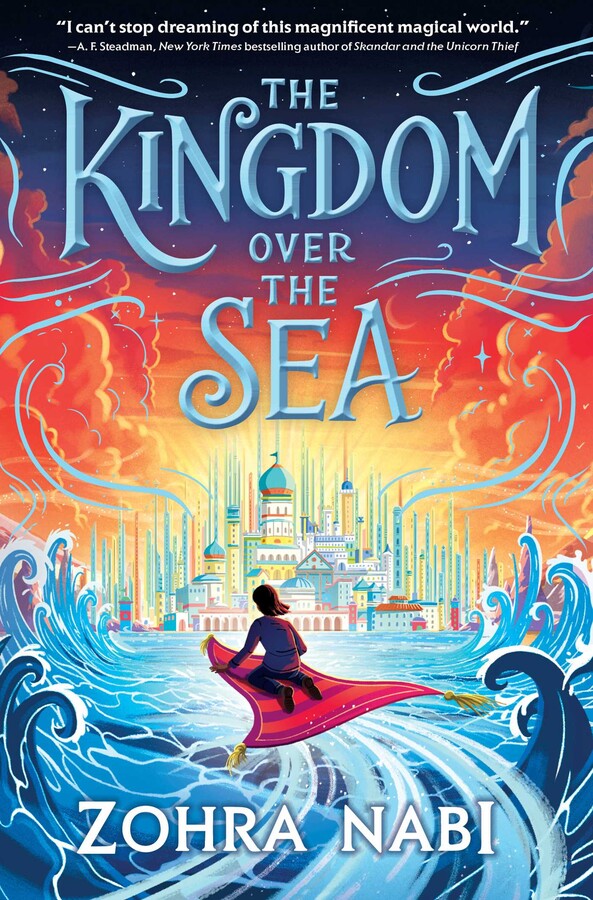
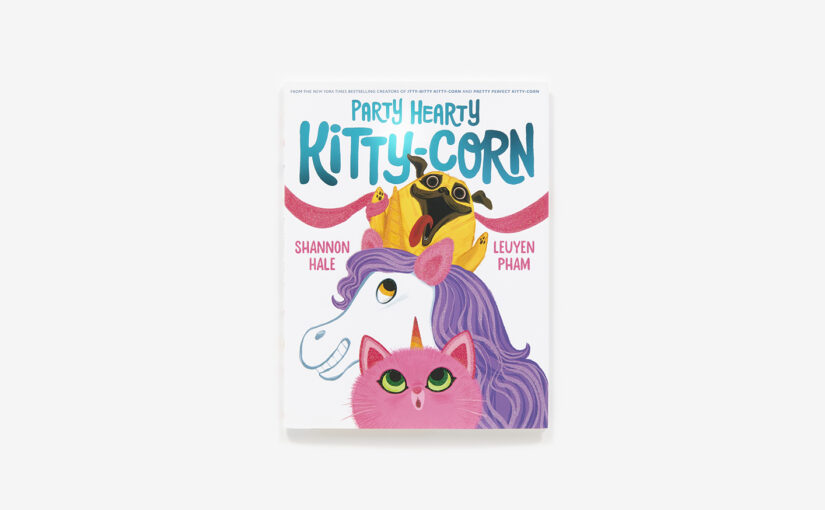
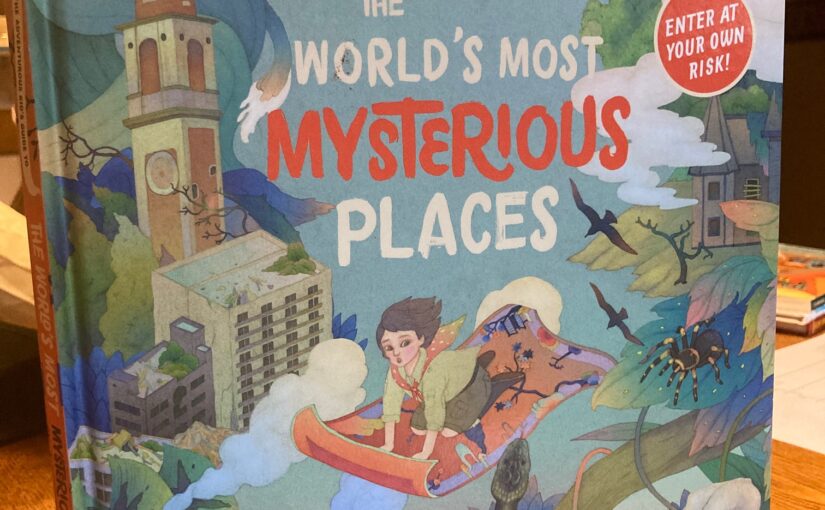
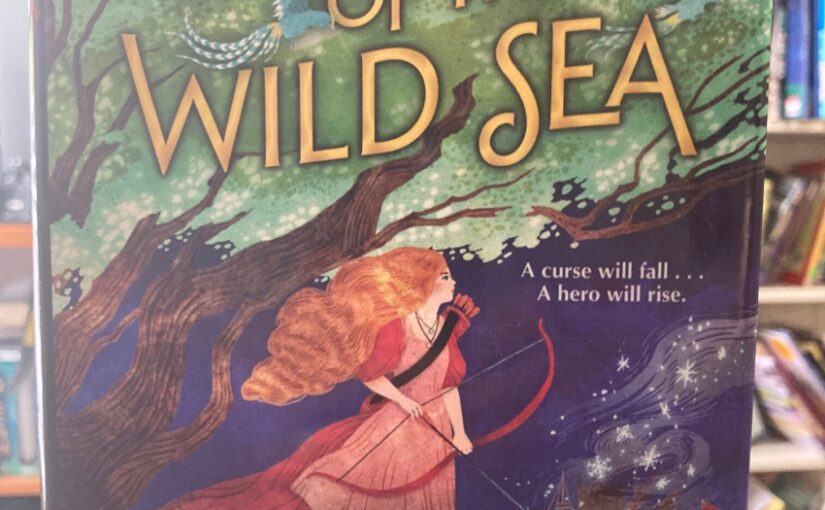
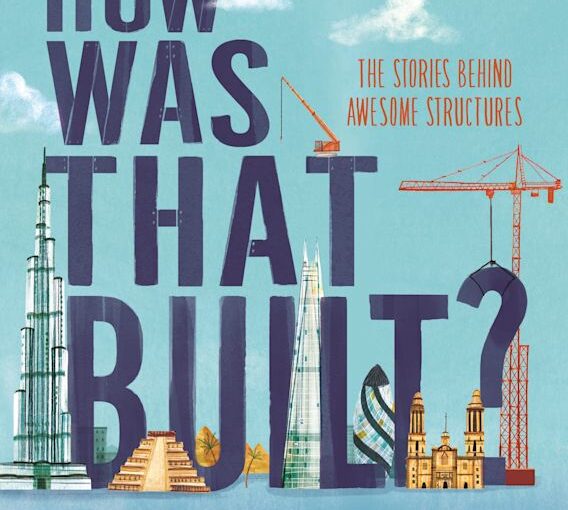
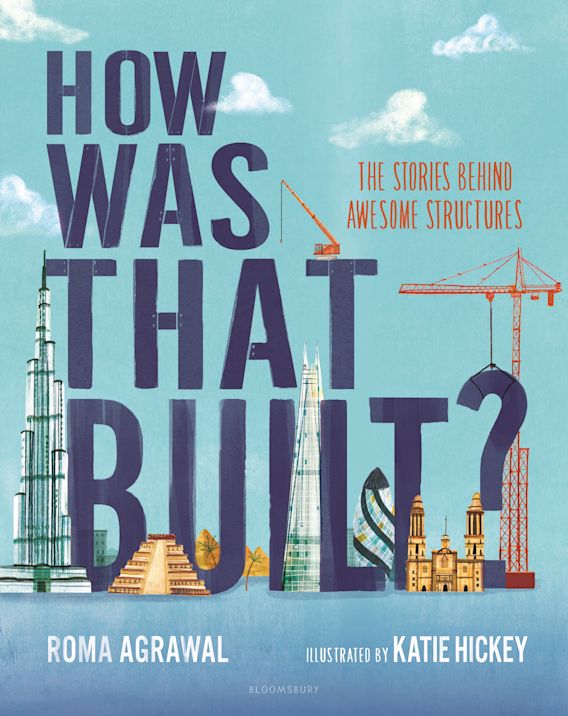


 Facebook
Facebook Twitter
Twitter Flickr
Flickr GooglePlus
GooglePlus Youtube
Youtube